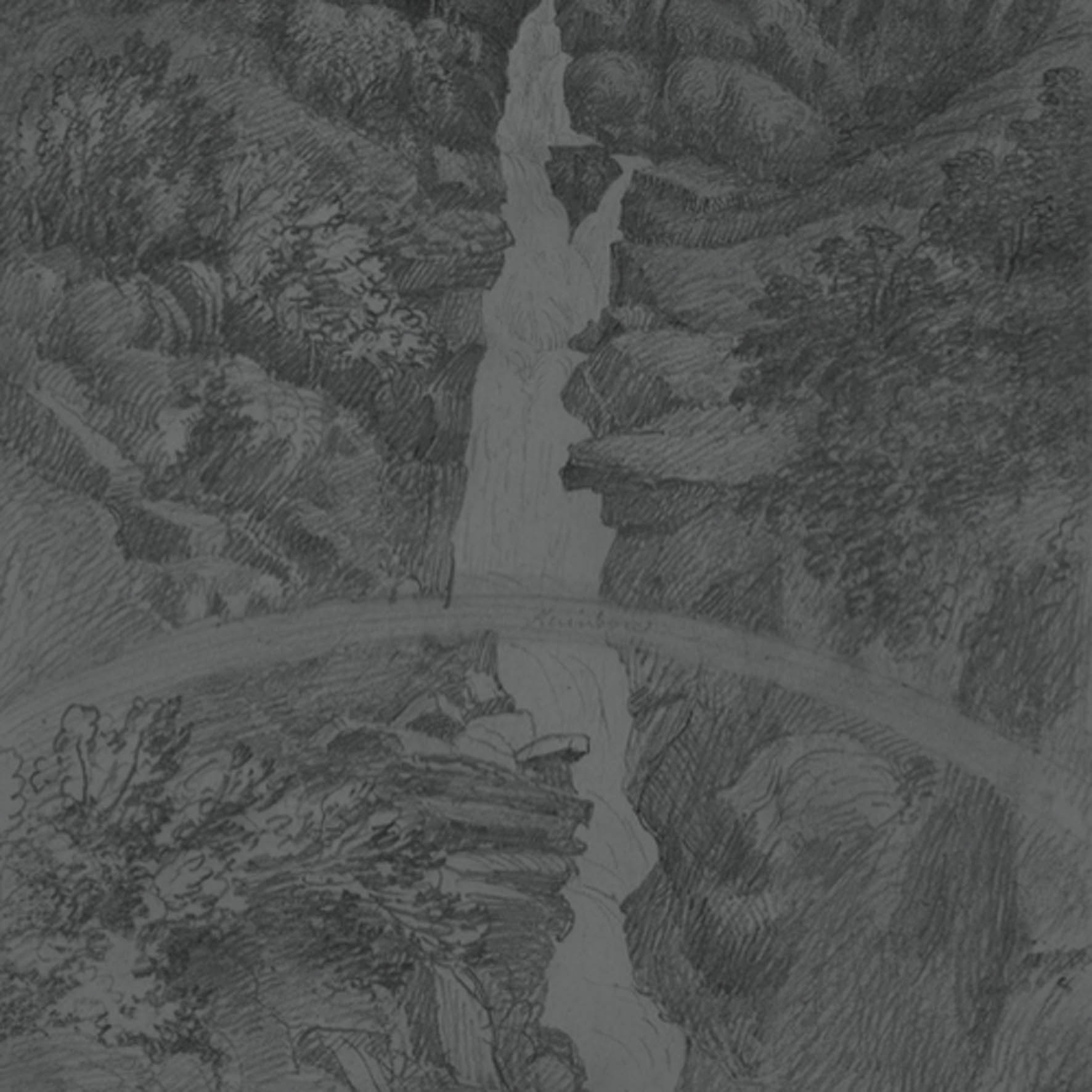 This is the first LP by this Northern California sound artist, but he has been active for almost a decade and is most closely associated with the scene around the excellent Root Strata label.  Students of Decay is another appropriate home for Davis though, as Ask the Dust (a rare John Fante reference!) offers up quite a bit of warm drone that also dabbles its toes a bit in stuttering electronic chaos, field recordings, and more formal composition.  Ultimately, it is a bit too chameleonic and intermittently pastoral to fully work for me as a complete work, but several of the individual pieces are quite wonderful.
This is the first LP by this Northern California sound artist, but he has been active for almost a decade and is most closely associated with the scene around the excellent Root Strata label.  Students of Decay is another appropriate home for Davis though, as Ask the Dust (a rare John Fante reference!) offers up quite a bit of warm drone that also dabbles its toes a bit in stuttering electronic chaos, field recordings, and more formal composition.  Ultimately, it is a bit too chameleonic and intermittently pastoral to fully work for me as a complete work, but several of the individual pieces are quite wonderful.
The album begins with its one of its finest and most ambitious pieces, the 12-minute "Superpartner," which languorously and beautifully drifts through moods and motifs like a constantly shifting dream.  While quite a bit of it could reasonably be described as "drone," Davis rarely dwells on one theme for very long and embellishes even the simplest parts with unusual textures and gently hallucinatory sounds.  Also, the whole thing feels "real" rather than heavily laptop-processed (despite its occasional synth-y flanging and its electronically blurting and blooping crescendo), as John uses a lot of clear metallic textures and skillfully employs field recordings to provide a fleeting and unstable sense of place.
Unfortunately, the album starts to lose momentum a bit with the shorter "Joy Meridian" which treads into fairly straightforward "laptop drone" territory, albeit with harsher buzzing than usual and some hazily fluttering notes in the upper registers.  The following "Palestrina" returns to quite similar territory, but does so much more successfully, as it combines a lushly warm bed with a vibrant host of skipping, stuttering, and swelling sounds that reminds me of some of Area C's better work.
The album's centerpiece, the 16-minute "Synecdoche," initially seems to derail the album yet again, as it opens with a bittersweet, but far too pleasant and straightforward piano performance. Thankfully, that segment abruptly ends with a lot of clattering and crashing and the piece begins in earnest around the 4-minute mark with a sustained swell of heavenly synth thrum gradually made faintly uneasy by an unstably throbbing low-end.  After a mercifully brief segue into rather generic drone, Davis deftly steers the piece into significantly more disturbed territory with murky, uncomfortably dissonant harmonies before ultimately giving way to a quivering and twinkling treated-guitar coda.  Curiously, Davis then follows what would have been a fine ending with a few minutes of machine noise followed by the return of the piano, though it is artfully blurred and smeared this time around.
The closing "Julian Wind" provides an especially surreal and curious conclusion to an already very surreal and curious album, as it sounds like someone sadly playing a melodica by the ocean, only there seems to also be a steel band distantly playing underwater...and then it all ends with a very creepy and unsettling snatch of film or interview dialogue.  That was a great way to end the album, as it sharply reminded how pleasantly disorienting the entire experience had been.
On balance, Ask the Dust is very good album, but not an unqualified success by any means.  Rather, its many flaws are cancelled out by its admirable ambitions and masterful execution.  John Davis definitely did not set out to make a standard-issue drone album and he proved himself to be very good at realizing almost everything he set out to do–a noble effort was certainly made.  The only catch is that none of John's great ideas are given much time to fully bloom, nor do any motifs ever recur to give Ask the Dust the feel of something larger than a collection of five songs, unless the overarching narrative Davis was going for was "change is constant."  On the bright side, that also means that none of Davis's weaker ideas stick around for long, but I spent the bulk of the album alternately thinking "this is great!" and "wait- why are you stopping!?!"
Samples:
 
 
Read More

